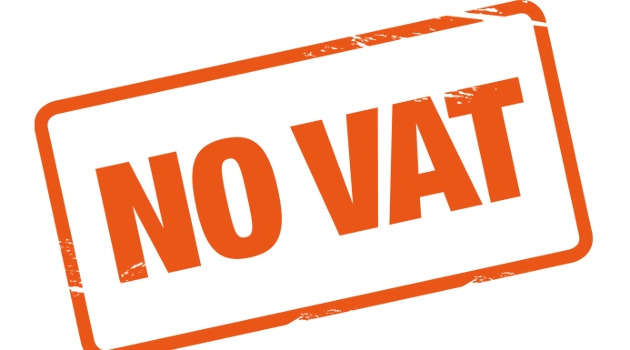I wrote yesterday about Japan’s experience with the value-added tax, mostly to criticize the International Monetary Fund.
The statist bureaucrats at the IMF are urging a big increase in Japan’s VAT even though the last increase was only imposed two months ago (in a perverse way, I admire their ability to stay on message).
Today, I want to focus on a broader lesson regarding the political economy of the value-added tax. Because what’s happened in Japan is further confirmation that a VAT would be a terrible idea for the United States.
Simply stated, the levy would be a recipe for bigger government and more red ink.
Let’s look at three charts. First, here’s a look at how politicians in Japan have been pushing the VAT burden ever higher.
What’s been the result? Have politicians used the money to lower other taxes? Have they used the money to reduce government debt?
Hardly. As was the case in Europe, the value-added tax in Japan is associated with an increase in the burden of spending.
Here’s a chart (based on the IMF’s own data) showing that government is now consuming almost 35 percent of economic output, up from about 30 percent of GDP when the VAT was first imposed.
I’ve added a trend line (automatically generated by Excel) to illustrate what’s been happening. It’s not a big effect, but keep in mind the VAT never climbed above 5 percent until 2014.
Now let’s look at some numbers that are very unambiguous.
Japan’s politicians imposed the VAT in part because they claimed it was a way of averting more red ink.
Yet our final chart shows what’s happened to both gross debt and net debt since the VAT was imposed.
To be sure, the VAT was only one piece of a large economic puzzle. If you want to finger the main culprits for all this red ink, look first at Keynesian spending binges and economic stagnation.
But we also know the politicians were wrong when they said a VAT would keep debt under control.
I’ll close with a political observation.
The left wants a value-added tax for the simple reason that it’s the only way to finance European-type levels of redistribution (yes, they also want class-warfare taxes on the rich, but that’s mostly for reasons of spite since even they recognize that such levies don’t actually generate much revenue).
But it’s very unlikely that a VAT will be imposed on the United States by the left. At least not acting alone.
The real danger is that we’ll wind up with a VAT because some folks on the right offer their support. These people don’t particularly want European-type levels of redistribution, but they think that’s going to happen. So one of their motives is to figure out ways to finance a large welfare state without completely tanking the economy.
They are right that a VAT doesn’t impose the same amount of damage, on a per-dollar-collected basis, as higher income tax rates. Or increases in double taxation (though it’s important to realize that it would still penalize productive behavior by increasing the wedge between pre-tax income and post-tax consumption).
But their willingness to surrender is nonetheless very distressing.
The bottom line is that the most important fiscal issue facing America is the need for genuine entitlement reform. Achieving that goal is an uphill battle. But if politicians get a big new source of revenue, that uphill battle becomes an impossible battle.




